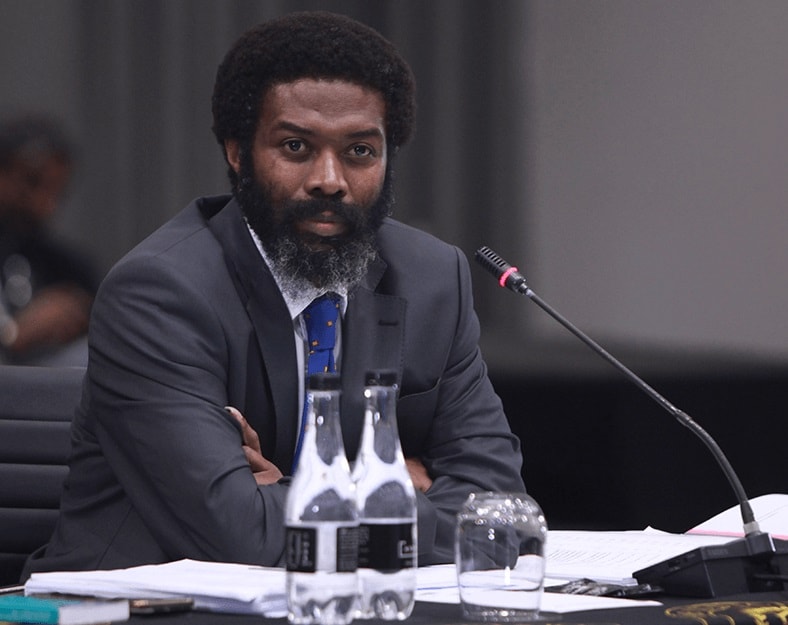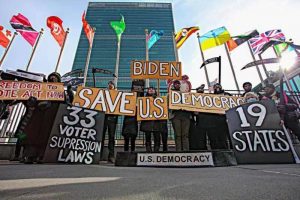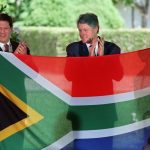If a black advocate had appeared before it as part of one of the legal teams, the court would have heard different inputs and submissions, but the court was exposed to a one-sided view.
This was one of the comments of Judge Mandlenkosi Percival Motha in the High Court in Pretoria about a case on black economic empowerment that he had to rule on.
Motha said on Friday that the outlook the court was exposed to was one-sided, “through no fault of the legal team”, but that input from black advocates would help him answer questions he still has.
Motha made the news in February when he wanted to know from a group of lawyers why there was not a single black lawyer present in the relevant case in the High Court in Pretoria.
At the same time, he requested that the attorney general order an investigation into the “absence of diversity among legal professionals”.
Motha acted as judge in the case between PERI Formwork Scaffolding Engineering and the Commission for Broad-Based Black Economic Empowerment, a case dealing with black empowerment set cards. He ruled in favor of PERI Formwork that the commission’s findings against the company be set aside.
In his ruling, he says that in B-BBEE cases involving the state, or state organs and more so, involving a senior advocate, it is important that presiding officers insist on at least one black advocate before the case is heard. A significant part of the judgment deals with transformation in the legal profession.
He said it was unthinkable to come to a fair decision without the input, insight and perspective of “African advice”. Without it, the court’s verdict would be impoverished and one-sided, he believes.
Motha says the presence of an African lawyer is not a convenience, but a necessity for justice. He referred to the Latin phrase nihio de nobis, sine nobis (nothing about us without us), which means that no policy decision should be made without the direct participation of the group affected by it.
In February, Motha sent an e-mail to the relevant lawyers in which it was requested that the lawyers should make a ten-minute presentation to indicate why not a single black lawyer was involved in the case. “Doesn’t this amount to a violation of article 9 of the Constitution?” he wanted to know. This article relates to the achievement of equality and states that “legislative and other measures may be taken designed for the protection or development of people who have been disadvantaged by unfair discrimination”.
Adv. Johan Brand, who acted for the Commission for Broad-Based Black Economic Empowerment, wrote to Motha earlier in a memorandum that although he “has very high regard for the office of a judge”, he finds Motha’s request “completely improper and inappropriate for the office of a judge”.
The trade union Solidarity has meanwhile asked through its legal network that Motha be investigated in the North Gauteng High Court and removed from the judiciary.








